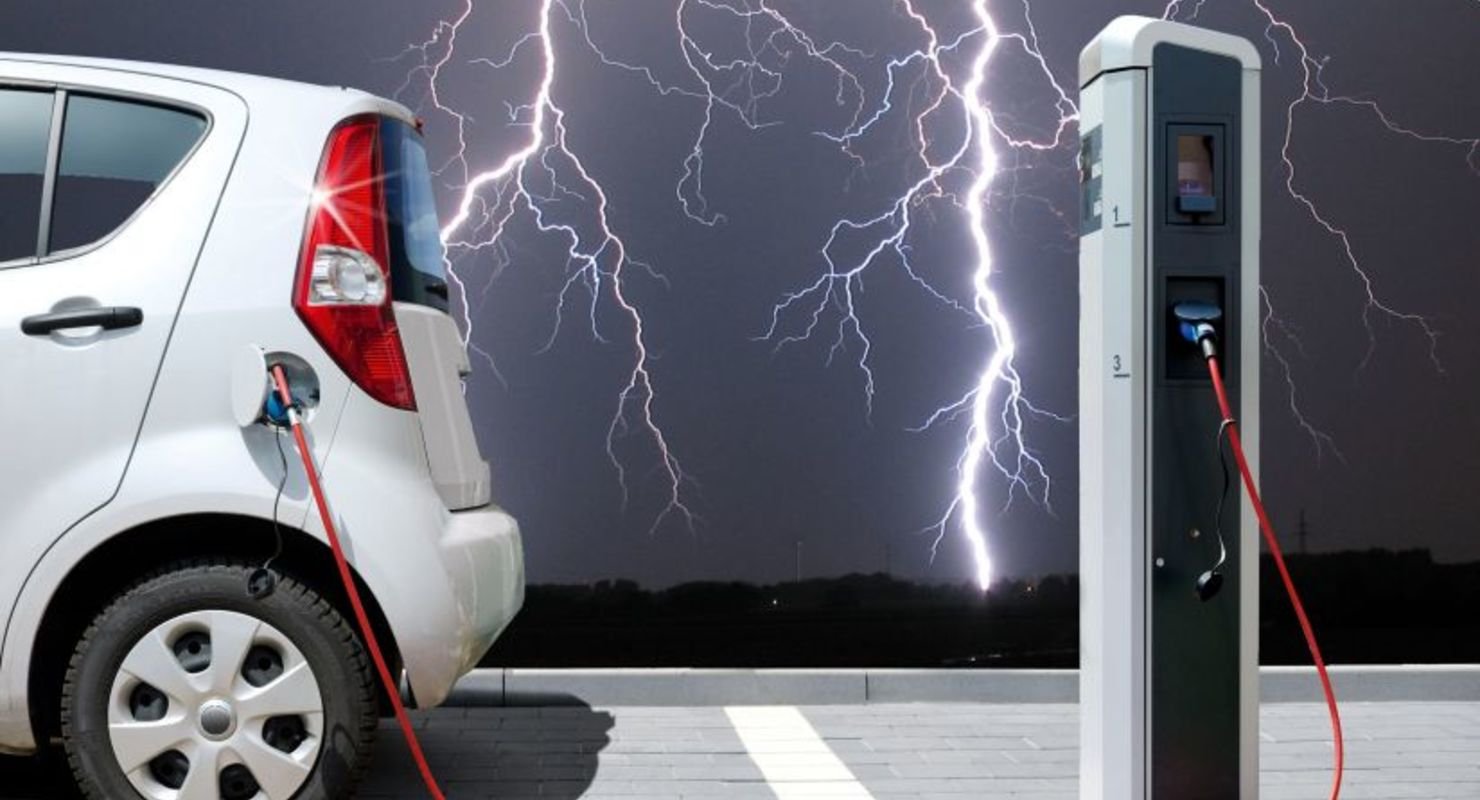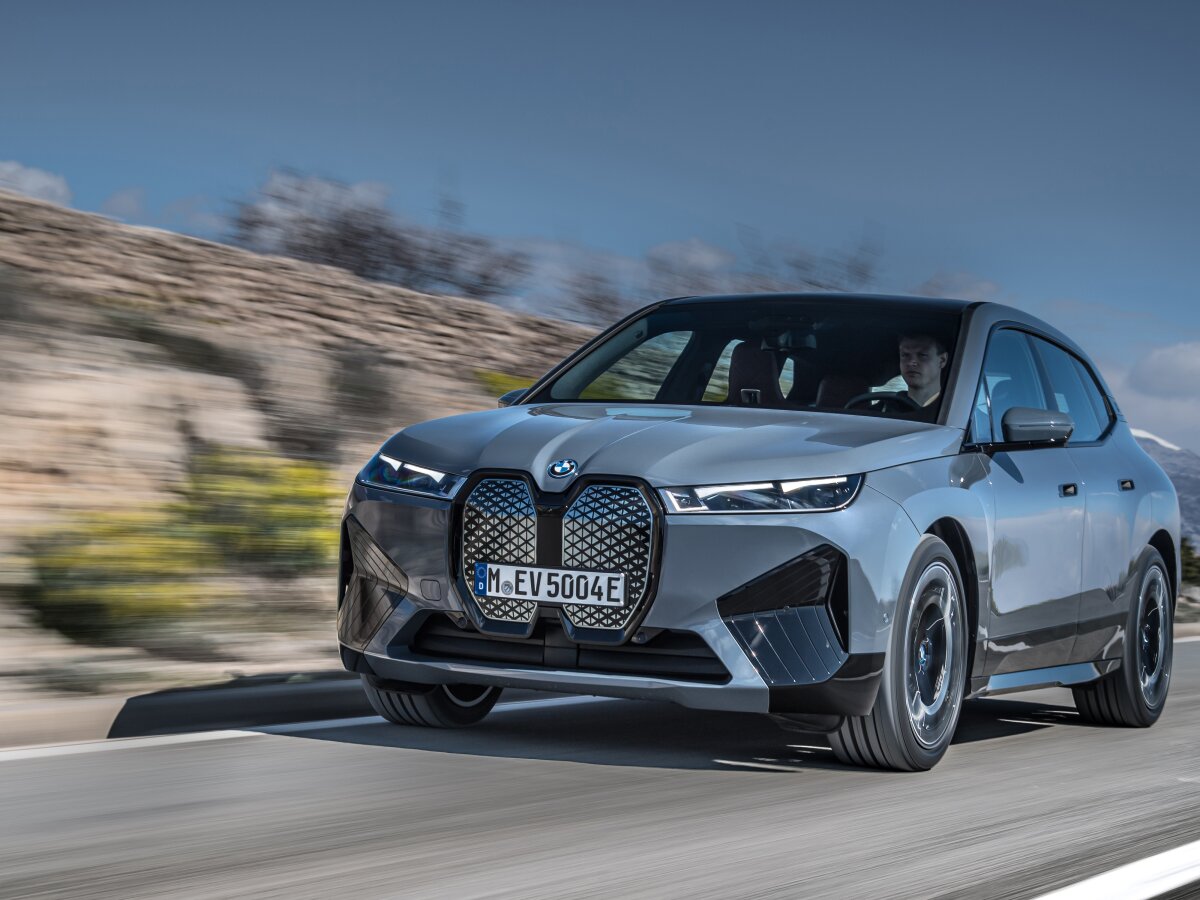
Electric cars - bright future or ecological disaster?
Mar 09, 2024In recent decades, electric vehicles (EVs) have become a focal point in discussions about the future of the automotive industry and ecology. Proponents of EVs emphasize their cleanliness and efficiency, while critics raise concerns about their environmental safety and infrastructure limitations. Let's consider the pros and cons of electric vehicles and their development prospects.
Advantages of Electric Vehicles
Environmental Cleanliness. The primary advantage of electric vehicles is the absence of toxic gas emissions and air pollution at the point of use. This contributes to improved air quality in cities and a reduction in environmental pollution levels.
Efficiency and Savings. The latest electric vehicle models have high energy efficiency, allowing them to travel long distances on a single charge. Additionally, operating electric vehicles is usually cheaper since electricity costs less than fuel.
Technological Innovations. The development of electric vehicles stimulates innovations in the field of batteries and smart management systems. This can lead to the creation of safer, more convenient, and technologically advanced vehicles.
Disadvantages of Electric Vehicles

Infrastructure Limitations. One of the major challenges for electric vehicles is the limited infrastructure of charging stations. The insufficient number of charging points and their uneven distribution can create difficulties for electric vehicle owners.
Hazard of Lithium-Ion Batteries. They contain various metals (manganese, nickel, cobalt) that can have a toxic impact on ecosystems when they enter them. Therefore, a major drawback of electric vehicles is the need to dispose of used batteries, which is a relatively complex process.
Resource Dependency. The production of lithium-ion batteries used in electric vehicles requires the mining of rare metals, which can lead to environmental issues and resource scarcity.
Perceived Reduction in CO2 Emissions. Currently, coal remains a primary fuel for global electricity production. Thus, charging electric cars shifts CO2 generation from cities to locations of coal power plants. Additionally, the production of electric vehicles and their batteries also emits significant amounts of CO2. Volkswagen has calculated total emissions for the production and operation cycle of a Golf model with a diesel engine compared to its electric version, finding that the diesel vehicle becomes more eco-friendly only after 125,000 km of use.
Cost. Electric vehicles typically cost more than their internal combustion engine counterparts due to the high cost of batteries. This limits the accessibility of such models to a broad range of consumers.
Development Prospects of Electric Cars
With technological advancements and increasing environmental awareness, electric vehicles will become more accessible. Research into new types of batteries and the potential for wireless charging could significantly improve the convenience of electric vehicles and address the issue of battery disposal. If technologies continue to advance at the pace observed over the last decade, electric vehicles can expect a bright future without leading to an environmental disaster.


